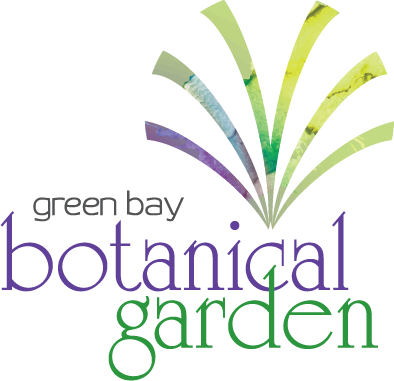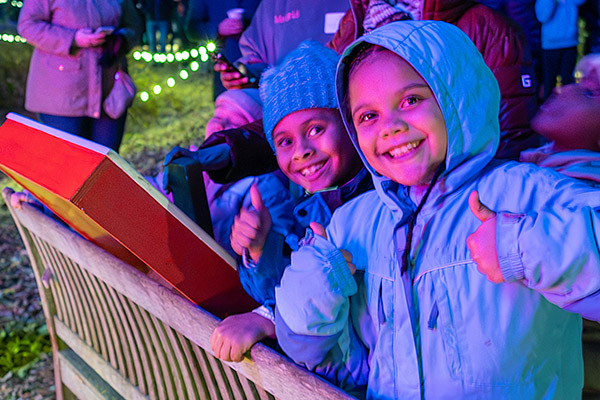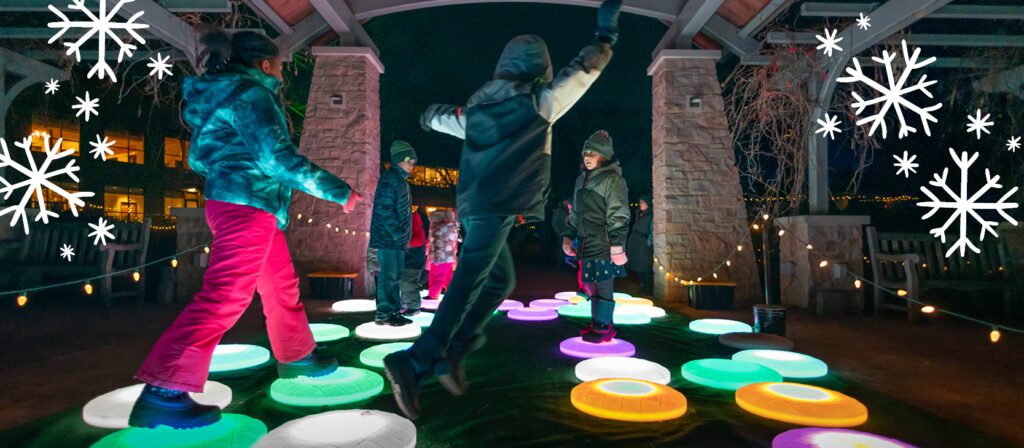Composting can be as easy to start as you want it to be, and you have a few options when it comes to compost collection. You can either purchase a composting bin, use an old trash can or wooden chest, or just create a freestanding pile.
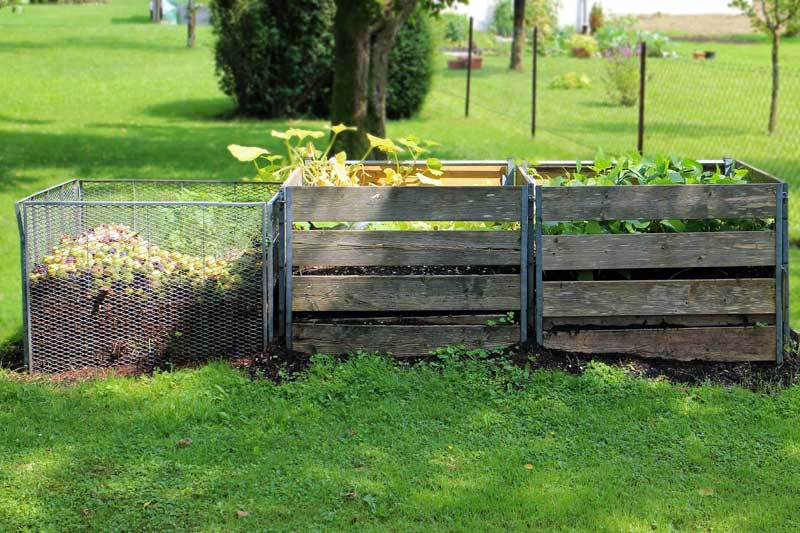

There are plenty of options out there which makes it easy to find the one that works best for you. Once you choose your composting container, you’ll need to know what makes good compost. Here are the basic you should know before you begin:
FIND THE RIGHT BALANCE
When you start composting, it’s important to have the right balance of green and brown material. Green material is generally wet and rich in nitrogen, while brown material is generally dry and rich in carbon. Things like fruit and vegetable scraps and fresh grass clippings are great examples of green material for your compost. Collect things like newspaper and dry leaves to make up the brown material for your compost.
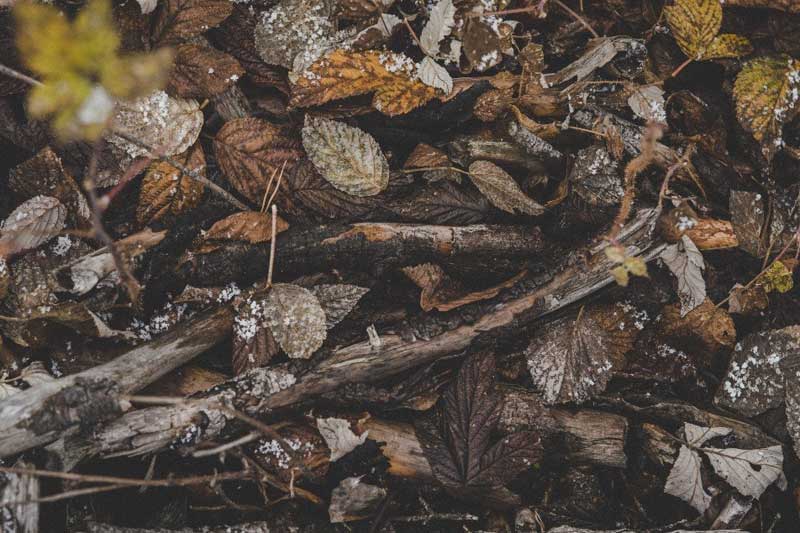

LAYER IT UP
You should layer green and brown material in your compost pile and always make sure you have more brown material than green material. Dry, brown material is what helps soak up moisture from the wet green material. Your compost should end up somewhat fluffy and earthy-smelling; if you don’t add enough brown material you’ll end up with very wet, smelly compost!
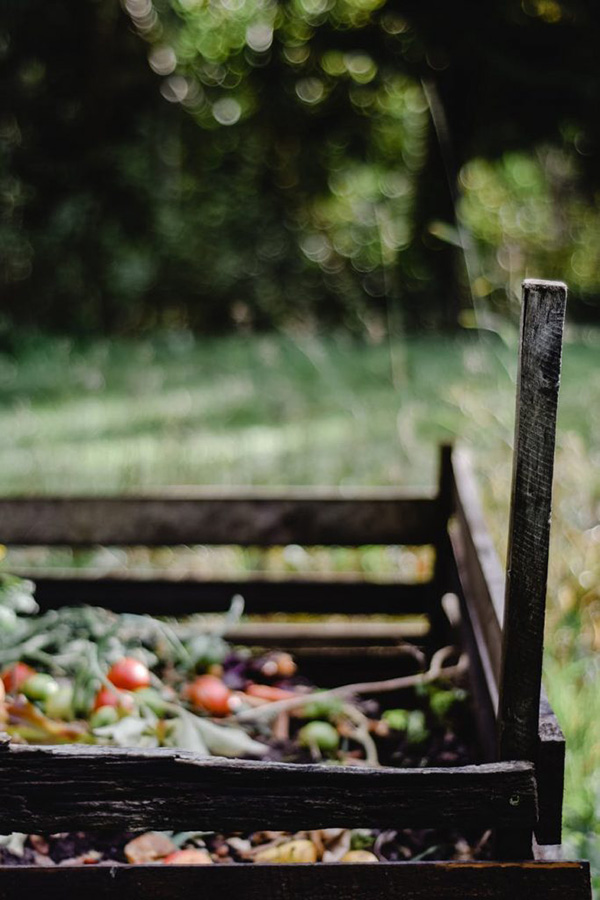

IMPROVE YOUR SOIL
So what happens next? Depending on where and how you’re composting, you could have usable compost in as few as two months! Once you have usable compost, you’ll want to use it in your garden or landscaping areas or even drop it off at a community site if you don’t have the room in your living space. The City of Green Bay offers a few sites that will collect yard waste and other garden waste throughout the year.
If you’re able to use your own compost, there are piles of benefits, mostly related to the way it improves soil and deters pests and weeds.

Adding compost to your garden adds valuable nutrients to your soil which your plants use. Compost also helps to balance the soil’s density, the pH of the soil and absorb/retain water; all of these things allow your plants to flourish! An imbalance of nutrients or other conditions creates a livable environment for weeds and pests, but compost can correct many of those issues and eliminate unwanted guests in the process!
At the Garden, we collect weeds, yard waste, food scraps and coffee grounds for our own composting program. By doing this, we’re able to reduce the amount of organic waste we’re sending to the landfill and create a valuable product that can be used in projects by the Garden and by landscaping and horticulture students at Northeast Wisconsin Technical College.
For more information on how to start composting, check out this blog post for beginners or this podcast and article from Life Kit by NPR for easy item lists about what you can add to your compost pile.
